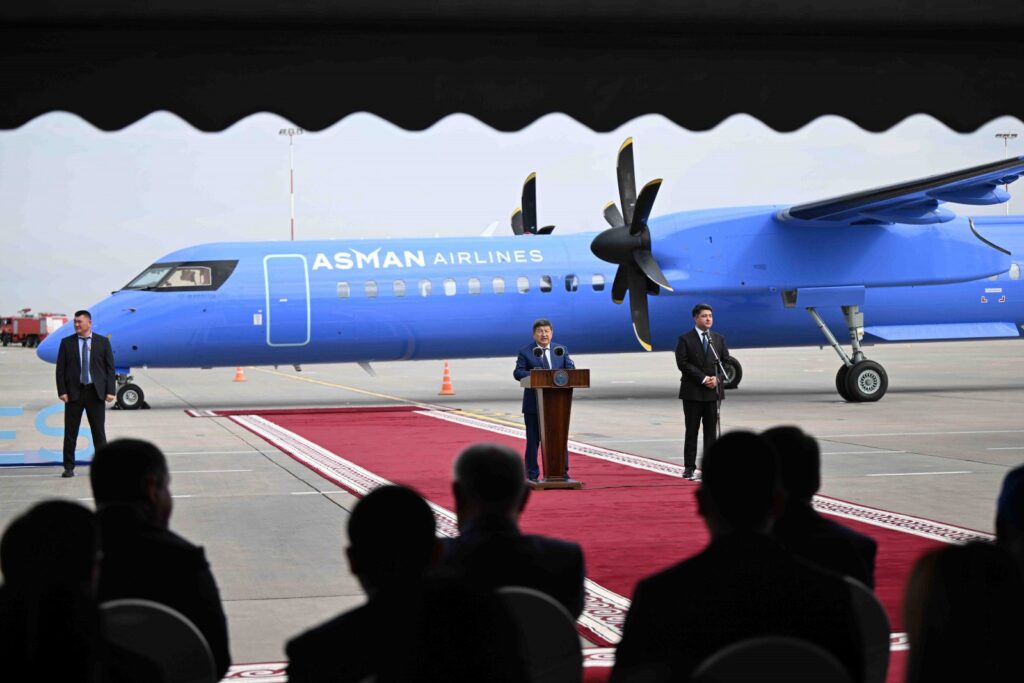ICAO to Develop Master Plan for Kazakhstan’s Civil Aviation
Kazakhstan’s Ministry of Transport and the International Civil Aviation Organization (ICAO) have signed an agreement to develop a strategic Master Plan for the Development of Kazakhstan’s Civil Aviation through 2050. The plan will outline a comprehensive strategy for the country’s civil aviation sector, covering the development of airports, air navigation systems, and airlines. It will also focus on improving flight safety, aviation security, accessibility, and the liberalization of air transport. Kazakhstan is the first country in Central Asia and the Commonwealth of Independent States (CIS) to establish a strategic partnership with ICAO for the sustainable development and modernization of its civil aviation sector. The initiative aligns with national objectives to enhance Kazakhstan’s role as a regional transit and transport hub. According to the Ministry of Transport, domestic airlines carried 14.3 million passengers in 2024, a 9% increase from 2023. Passenger traffic at Kazakhstan’s airports also grew by 14%, reaching 29.7 million people. Kazakhstan currently operates 582 flights per week to 31 countries, including Russia, Kyrgyzstan, Uzbekistan, Tajikistan, Georgia, Belarus, Azerbaijan, the United Arab Emirates, Saudi Arabia, Qatar, South Korea, China, India, and several European nations such as Germany, Italy, and the Netherlands. Additional destinations include countries in Southeast Asia, the Middle East, South Asia, Turkey, and the Maldives.




